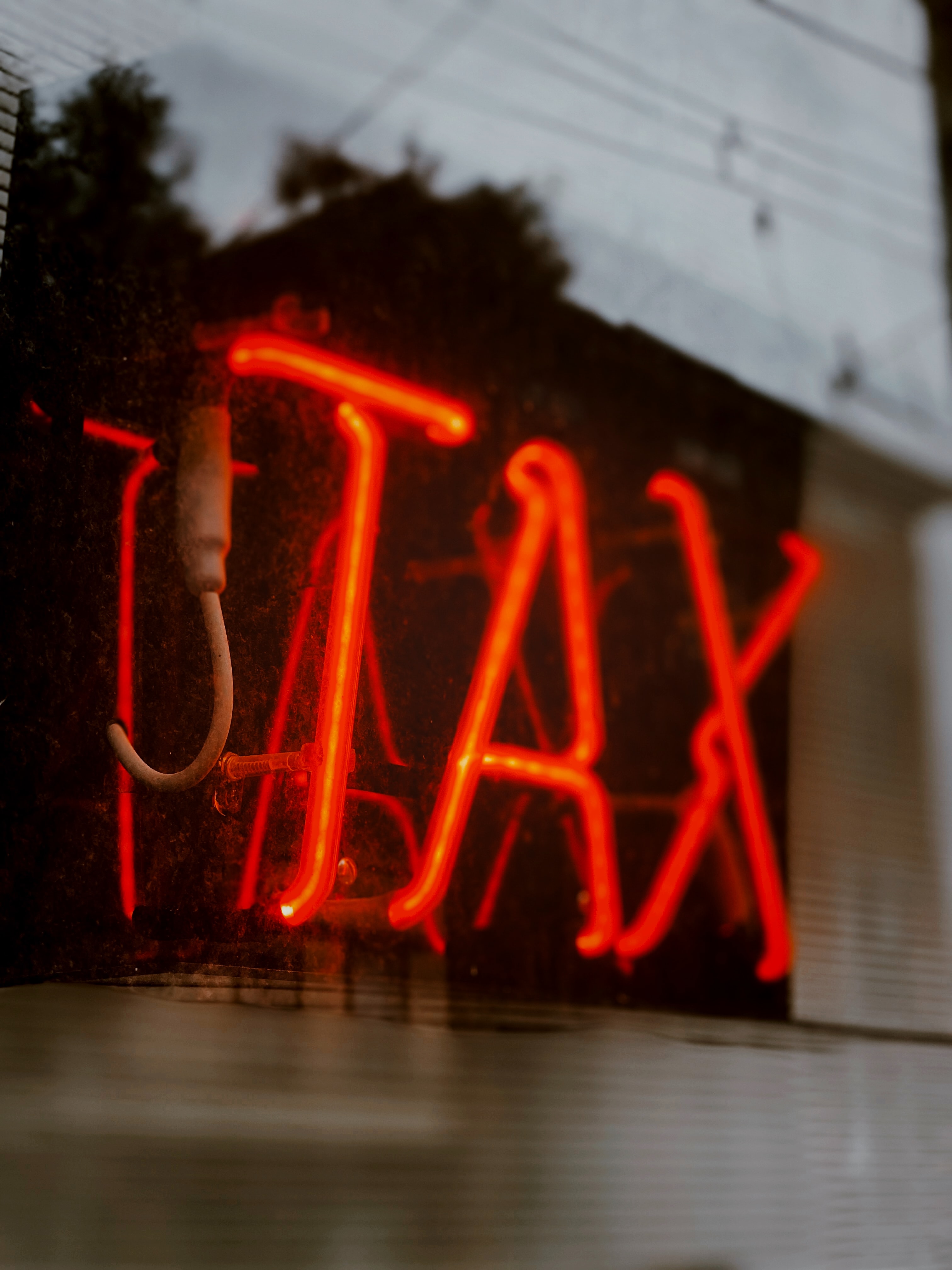Back in the day
Businesses were afforded protection from mal-administration through the Sheldon Doctrine (named after Robert Sheldon, the responsible minister in 1978), introducing a form of protection for taxpayers akin to estoppel. This meant the taxpayer had protection if HMRC had misdirected – either explicitly or by omission – to the detriment of the VAT registered business. In essence, the authorities could not demand payment of VAT that should have been collected but was not, due to an error of their own making – therefore the taxpayer had a shield against the sword of the Revenue.
This was an almost perfect system, as collection of VAT was made by businesses, costing the taxpayer very little, and the business could consult and rely on the conduct of the authorities. There were some significant gaps, as there were no penalties if the taxpayer made an error, leading to a lack of incentive for some to be fully compliant.
Current position
VAT has become a whole lot more complicated. Endless costly litigation, normally reflecting the amounts involved and complexity of the tax. Pre Brexit this could involve referrals from the UK courts to the ECJ for clarification and if you had the heart and money to run the marathon of litigation it could keep you occupied for more than ten years. The underlying issue is that you may win at the first tier tribunal but then HMRC appeal….
In respect of administration, currently a VAT group registration can take up to one year. Ruling requests can take up to 2 years to turn around, and even then, the response can be meaningless. Special software is required to even submit a return. Recently, HMRC’s helpline was temporarily unavailable for three days and when back online the wait time was 2 hours to speak to an officer, with calls frequently being ‘dropped’.
In respect of The Sheldon doctrine, this has been withdrawn and replaced by the EU principle of legitimate expectation, which requires an express view by HMRC. However, HMRC almost inevitably refuse to give an express view, so the protection is very limited.
If the business makes a mistake, or might have done so, HMRC issues a human rights notice, and notification, that a penalty is due (typically 30% but up to 100%) based on the error.
Any improvements?
The introduction of the Alternative Dispute Resolution option is very helpful. It allows the discussion of facts and principle, which can be difficult before the process is entered into. However, you need to lodge an appeal against a decision first, and make payment of any VAT disputed, unless a hardship case can be made and accepted.
Anything else
There is a lot of criticism of tax avoidance schemes. This is entirely justified. In our experience these schemes and the appetite for them has fallen away – a long time ago. Businesses have a responsibility to shareholders, and advisors are unlikely to risk reputational damage. We are expected to work within the spirit of the rules, and do so. HMRC tend to work to the letter of the rules, which is inevitable given their role.
There were very helpful and constructive Treasury schemes during the pandemic to help businesses. Many officers we deal with are helpful but the system is creaking.
Summary
There is a common consensus that VAT is complicated. The administration is struggling. For one client it took 8 months to achieve a VAT registration when all the client wanted to do was register, trade, and pay tax….




